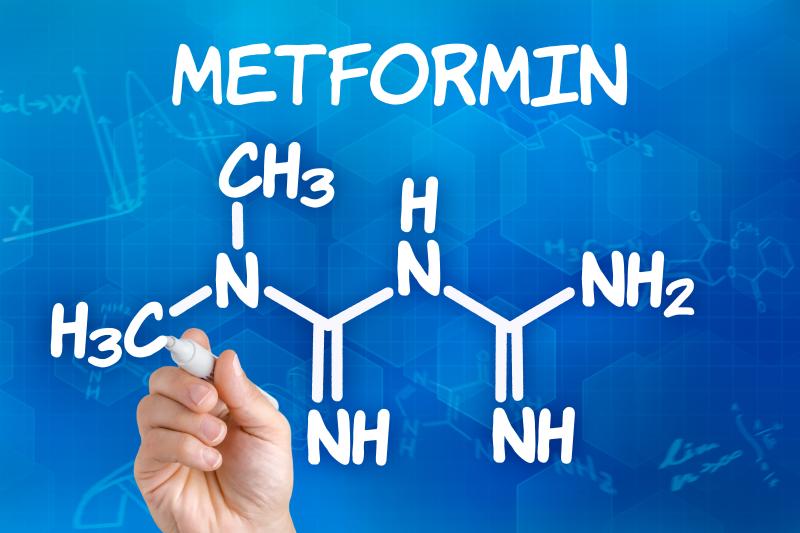
The concurrent use of metformin with the tyrosine kinase inhibitor (TKI) gefitinib does more harm than good, resulting in significantly worse outcomes and increasing the risk of diarrhoea in nondiabetic patients with nonsmall cell lung cancer (NSCLC) harbouring EFGR mutation, according to data from a phase II trial.
A total of 224 nondiabetic patients (median age, 59.6 years; 75.0 percent nonsmokers) with treatment-naïve stage IIIB–IV EGFR-mutated NSCLC were randomized to receive gefitinib plus either metformin (n=112) or placebo (n=112). The majority of patients had a stage IV disease, with adenocarcinoma being the predominant pathologic type.
The median follow-up duration was 19.15 months. Progression-free survival (PFS) rate at 1 year was similar in the metformin and placebo groups (41.2 percent vs 42.9 percent; p=0.6268), as was overall response rate (66 percent vs 66.7 percent, respectively).
However, the metformin-treated patients had slightly shorter PFS (median, 10.3 vs 11.4 months) and overall survival (median, 22.0 vs 27.5 months). In subgroup analysis, including patients with elevated levels of IL6, PFS did not significantly differ between the metformin and placebo groups.
In terms of safety, combining metformin with gefitinib resulted in a markedly higher incidence of diarrhoea compared with the control arm (78.38 percent vs 43.24 percent).
The findings do not support the concurrent use of metformin with first-line TKI therapy in nondiabetic patients with EGFR-mutated NSCLC, the researchers said.